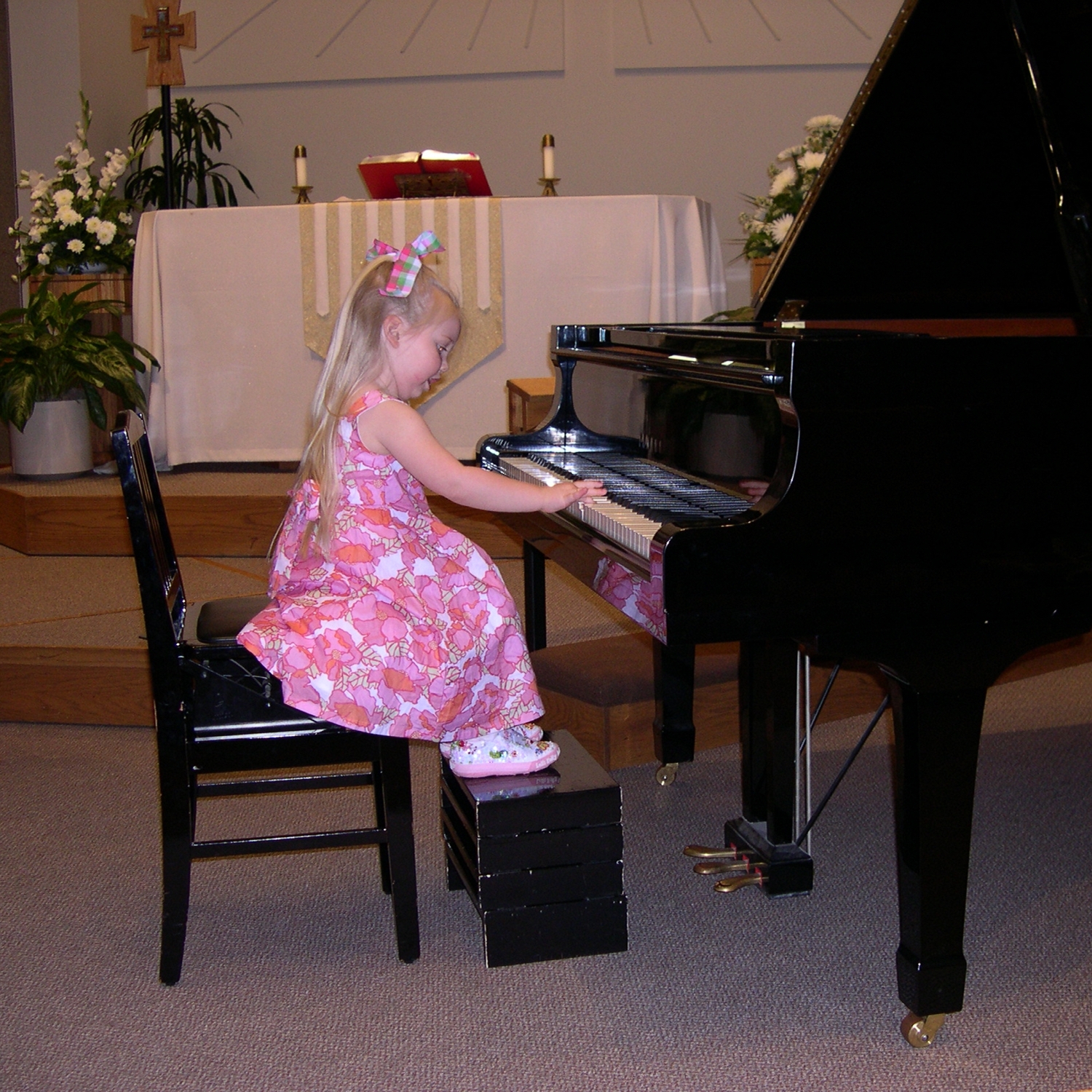New Student Information
The Suzuki Method is often called the “Mother Tongue Approach” because Dr. Suzuki made the observation that all children learn their language easily and with joy. If music is a language, he resolved that all children should be able to learn music in the same way that they learn their native language. Suzuki teachers believe that every child can learn an instrument, just as every normally developing child can learn the language of his parents.
Because of this belief, in our program students are not screened for talent. Every child can learn. We do however screen parents, because we want to make sure that families understand that the Suzuki Method requires a greater parental commitment than the traditional study of an instrument. Parents attend the lessons, take notes, and follow through at home by practicing with their children for many years. Eventually the child develops independence and usually in middle school or high school the student begins practicing on her own.
Practicing with your child is a great responsibility, but it is also a great joy. The relationship that is formed between parent, child, and teacher is called the Suzuki triangle. Within this triangle the student is able to meet her potential because of the loving education she gets from the teacher and the nurturing follow through of the parent at home.
The ideal age to start Suzuki Talent Education is between the ages of three to six years old. Scientists tell us that this is when the child’s brain is the most receptive to learning a language. In my studio I will prioritize my waiting list to accomomdate students of this age, whose families have observed the most lessons.
When do the students learn to read music? This is a frequently asked question. Just as a toddler learns to speak before reading and writing, the Suzuki student learns the fundamentals of the aural music language before we begin learning to read and write music. This also gives them a chance to become physically comfortable at the instrument thereby starting their study with excellent technique and good habits. My students generally start an intensive note reading study within a year or two after they begin lessons. They are given a broad foundation of music reading, just as first and second grade school children are given the foundation of reading their language using countless chapter books.
If you are interested in starting your child in Suzuki study, your first step is to read Nurtured By Love, and Ability Development from Age Zero, both by Shinichi Suzuki, our founder.
Your next step is to observe some lessons of the teacher you are interested in working with. Suzuki teachers and students are accustomed to being observed. Observe individual lessons of different levels as well as group lessons and recitals and you will get a picture of the overall Suzuki experience.
In my studio, the next step is to schedule an interview with me. Both parents and the child or children should attend the interview. At this point I can introduce you to the details of our program and answer questions.
If after the interview you are interested in lessons, we will schedule four one hour parent orientation sessions. Both parents must attend two of the sessions and at least one of the sessions needs to be without children or siblings present. The purpose of the orientation is to share the curriculum and philosophy of our studio. If after the orientation you are interested in starting lessons, your child or children will be placed on a waiting list until there is an opening in the studio.
Siblings of current students are placed before new families, and families with the greatest flexibility in their schedule, for example the ability to come for lessons during the early afternoon will be placed more easily.
You must have an acoustic piano in your home before we can start lessons. Because of our emphasis on tone production from the first lesson, no electric keyboards are allowed.
The Suzuki Method is great pedagogy. I know this because I also have a master’s degree in traditional pedagogy—the study of teaching. Suzuki children develop a relationship with the piano and music that is unmatched by any other method. It is also a tremendous commitment that shouldn’t be undertaken lightly.
Dr. Suzuki says, “Where love is deep, much can be accomplished.” That is our motto. The proof is in the quality of the playing of these children. Come observe and you will be amazed, not only by their poise and their piano playing, but by the love these children have for music.
Sara Stephens Kotrba

